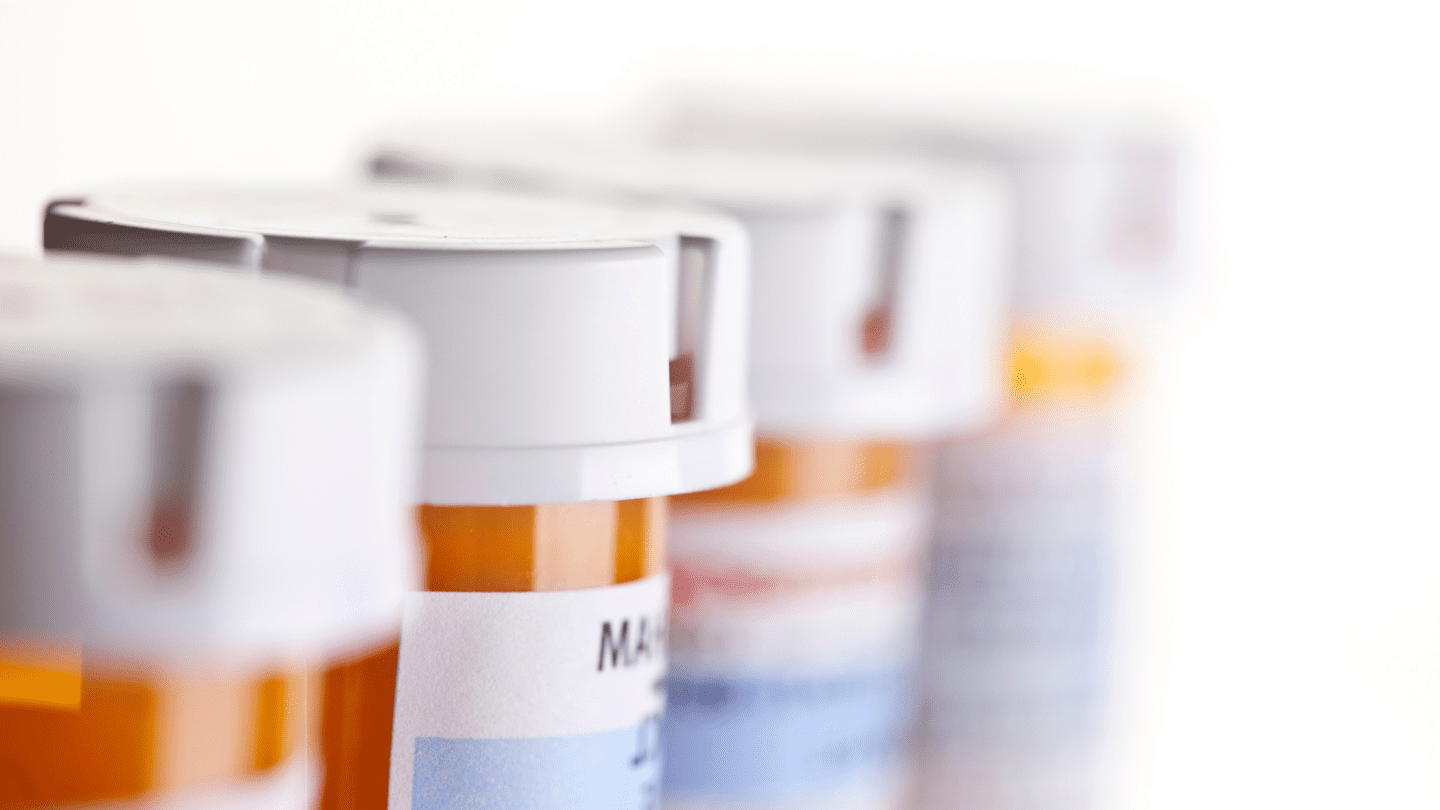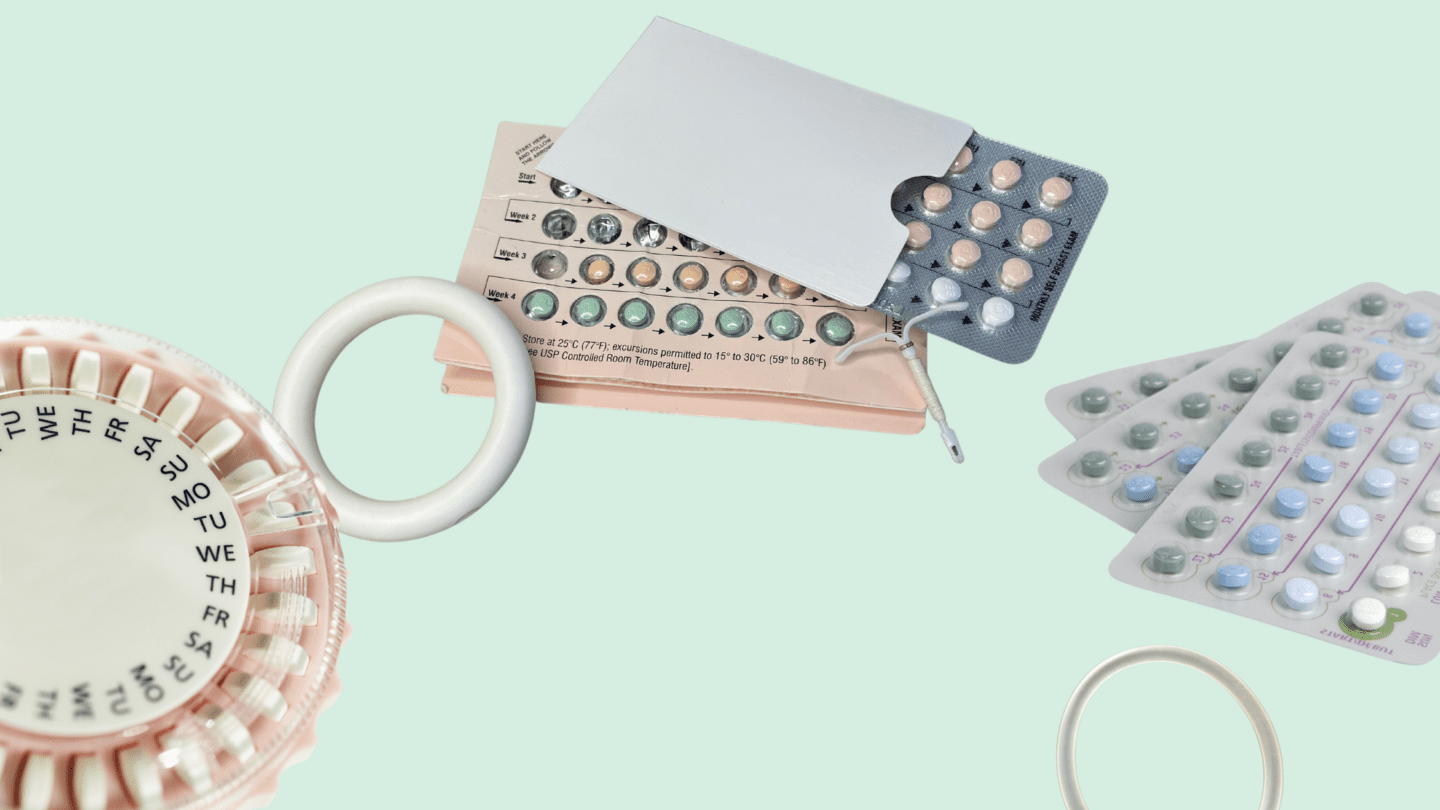Disclaimer: You should only ever use a drug off-label under the guidance of your physician.
Now, let’s dive in:
If you’ve ever gone to the doctor for something like insomnia or restless leg syndrome (or many other common conditions), they might have written you what’s called an off-label prescription. Though the name might conjure back-alley vibes, off-label prescriptions in the U.S. are incredibly common, completely legal, and not at all shady. Doctors write off-label prescriptions for things like aripiprazole (for restless leg syndrome)1-2 and amitriptyline (for insomnia)3 any time they want to recommend a drug for something that it hasn’t been approved for. This might happen if “approved” drugs don’t exist, don’t work well for you, or are otherwise a worse option for your health.
An off-label drug is simply one that’s being taken for something for which it hasn’t been formally approved by the Food and Drug Administration (FDA).4 Many drugs have more than one use, and off-label prescriptions let doctors treat patients without needing to rely on just the (often small) list of drugs approved for the condition. That goes for hormonal birth control, too, especially when it comes to uses beyond just preventing pregnancy.5
The one catch? Drugs prescribed off label aren’t always covered by insurance companies. Recent court cases have challenged this paradigm, and it could change in the future. But for now, you should be careful about knowing what’s covered and what isn’t if you’re considering taking something off label.
What is an off-label drug?
When the FDA approves a drug, they write what’s called a label for it — it’s a multi-page document, and it contains way more information than you’ll find printed on the actual bottle or box. The label lays out exactly what the drug does, potential side effects, and details about what conditions the FDA has approved it to treat.6 These approved uses are often pretty narrow, even when a drug has additional widely-known, well-understood effects.4
The FDA, and the medical establishment broadly, do recognize that drugs often have helpful uses beyond the approved ones. That’s why doctors are allowed to write prescriptions outside what the drug label says. Off-label use can mean taking a drug for a different condition than what it’s approved for, or even just taking it in a different amount or form.4
It’s important to remember that all of these drugs have been approved for something, and found to be safe. And doctors base their off-label prescriptions on published evidence that has demonstrated that the drug can effectively treat a given condition.7
Off-label prescriptions are common. Though estimates on how common vary, one study suggests that up to a third of all prescriptions in the, and potentially many more, are used off label in the U.S..8 The list includes things like aspirin, common antidepressants, and even Viagra.4
Doctors base their off-label prescriptions on published evidence that has demonstrated that the drug can effectively treat a given condition.
So why don’t these drugs just get approved for more uses? Getting FDA approval for a drug, or a new use for that drug, is an expensive and lengthy process. Many drug manufacturers won’t want to go through that process again for a drug if they’re already selling it for something else. Generic drugs in particular are often prescribed off label because their makers don’t have the resources to go through the approval process.4
Using off label
Hormonal can be prescribed, and taken, off label. While every out there is approved for (it’s in the name after all), can also help treat conditions like ovarian cysts, migraines, irregular bleeding, acne, or even to skip periods.5
Few hormonal birth controls are approved by the FDA for these side benefits — one is Yaz, which is approved to help with premenstrual dysphoric disorder (PMDD) and acne.9 Some other kinds of might have nearly the same kind and amount of hormones, but not the same label. For example, a generic version of Yaz called Gianvi is approved for and acne, but not for PMDD,10 even though it has the same ingredients as Yaz.
That means if your doctor prescribed Gianvi to help with PMDD, they’d be doing so off label. The same might be true if they prescribe any other version of (be it the pill, an IUD, the patch, or the ring) for any use besides .
This kind of off-label prescribing can be a good thing. We know that different people’s bodies respond to different kinds of differently. Being able to choose a different kind of could let you find something that maximizes the good side effects while minimizing the bad ones.
Is adyn right for you? Take the quiz.
Are off-label drugs covered by insurance?
One important thing to watch out for if you’re considering taking a prescribed drug off label is insurance coverage. Your health insurer may say they won’t cover something that’s not FDA approved, even if your doctor has determined that it’s medically appropriate to prescribe to you.11 This can even happen if you’re switching from a brand name to a generic drug, and the generic isn’t approved for the same uses (like in the Yaz and Gianvi example above).
One recent example of this comes from people using Ozempic, a diabetes drug, to lose weight. The weight loss benefits of Ozempic can be significant — some studies show users lost ten percent of their body weight or more12 — though some questions about the severity of side effects remain. But Ozempic isn’t approved for weight loss by the FDA, which has some insurers threatening to crack down on Ozempic prescriptions (Wegovy, which is the same drug in a different dose, is approved for weight loss13). It’s just one example of doctors being overwritten by insurance companies when prescribing a potentially helpful drug to their patients.
Some patients are fighting back against this kind of obstruction. In one notable recent case, a patient with severe nausea took Medicare to court after they denied coverage for the only drug that helped his symptoms. The U.S. Court of Appeals for the 11th Circuit found that the drug, which had been prescribed to him off label, was medically necessary, and needed to be covered.14
Most people won’t be able to sue their insurer if their of choice isn’t covered, so it pays to be informed and make sure anything your doctor prescribes will be covered by your insurer. We’ll hopefully see more recognition of the value of off-label prescriptions by insurers in the future — or at least more legislation that ensures people can get covered for the drugs they need.
What to know about off-label drug use
Off-label prescriptions are common and safe, including for . Taking off label could help treat acne, PMDD, or other conditions better than FDA-approved options.
If your doctor does recommend off-label use, just know that your insurance company may deny their coverage. Be sure to find out if it will be covered beforehand so you can work with your doctor and pharmacy to make sure you won’t face any barriers in accessing the treatment you need to be healthy.
Want to learn more about how and why different kinds of might work better for you? Check out the adyn blog, and learn more about The Birth Control Test.
-
- Gettu, Nikita, and Abdolreza Saadabadi. “Aripiprazole.” StatPearls [Internet]. StatPearls Publishing, 2023.
- Lee, Elliott Kyung, Naomi Spitale, and Rebecca Robillard. “Aripiprazole, a Novel Option in the Management of Restless Legs Syndrome (RLS) Patients with Augmentation and/or Severe RLS Symptoms: A Report of 4 Cases.” Nature and Science of Sleep (2023): 779-784.
- Bakker, Mette H., et al. “Effectiveness of low-dose amitriptyline and mirtazapine for insomnia disorder: study protocol of a randomised, double-blind, placebo-controlled trial in general practice (the DREAMING study).” BMJ Open 11.9 (2021): e047142.
- Wittich, Christopher M., Christopher M. Burkle, and William L. Lanier. “Ten common questions (and their answers) about off-label drug use.” Mayo Clinic Proceedings 87.10 (2012).
- Dayal, Molina, and Kurt T. Barnhart. “Noncontraceptive benefits and therapeutic uses of the oral contraceptive pill.” Seminars in Reproductive Medicine 19,4 (2001).
- Fang, Hong, et al. “FDA drug labeling: rich resources to facilitate precision medicine, drug safety, and regulatory science.” Drug Discovery Today 21.10 (2016): 1566-1570.
- Gazarian, Madlen, et al. “Off‐label use of medicines: consensus recommendations for evaluating appropriateness.” Medical Journal of Australia 185.10 (2006): 544-548.
- Van Norman, Gail A. “Off-Label Use vs Off-Label Marketing of Drugs: Part 1: Off-Label Use—Patient Harms and Prescriber Responsibilities.” Basic to Translational Science 8.2 (2023): 224-233.
- FDA. “Highlights of Prescribing Information: YAZ (drospirenone/ethinyl estradiol) tablets, for oral use.” AccessData.FDA.gov (2012 Apr).
- Daily Med. “LABEL: GIANVI- drospirenone and ethinyl estradiol kit.” DailyMed.NLM.NIH.gov (2010 Jul 11).
- Brower, Amanda. “Is there a better way to guide payers on off-label coverage?“ Biotechnology Healthcare 5.2 (2008): 9.
- O’Neil, Patrick M., et al. “Efficacy and safety of semaglutide compared with liraglutide and placebo for weight loss in patients with obesity: a randomised, double-blind, placebo and active controlled, dose-ranging, phase 2 trial.” The Lancet 392.10148 (2018): 637-649.
- FDA. “FDA Approves New Drug Treatment for Chronic Weight Management, First Since 2014.” FDA.gov (2021 Jun 4).
- Donald Dobson versus Secretary of Health and Human Services, United States Court of Appeals, 11th Cir. No. 20-11996 (2022 Feb 11).








